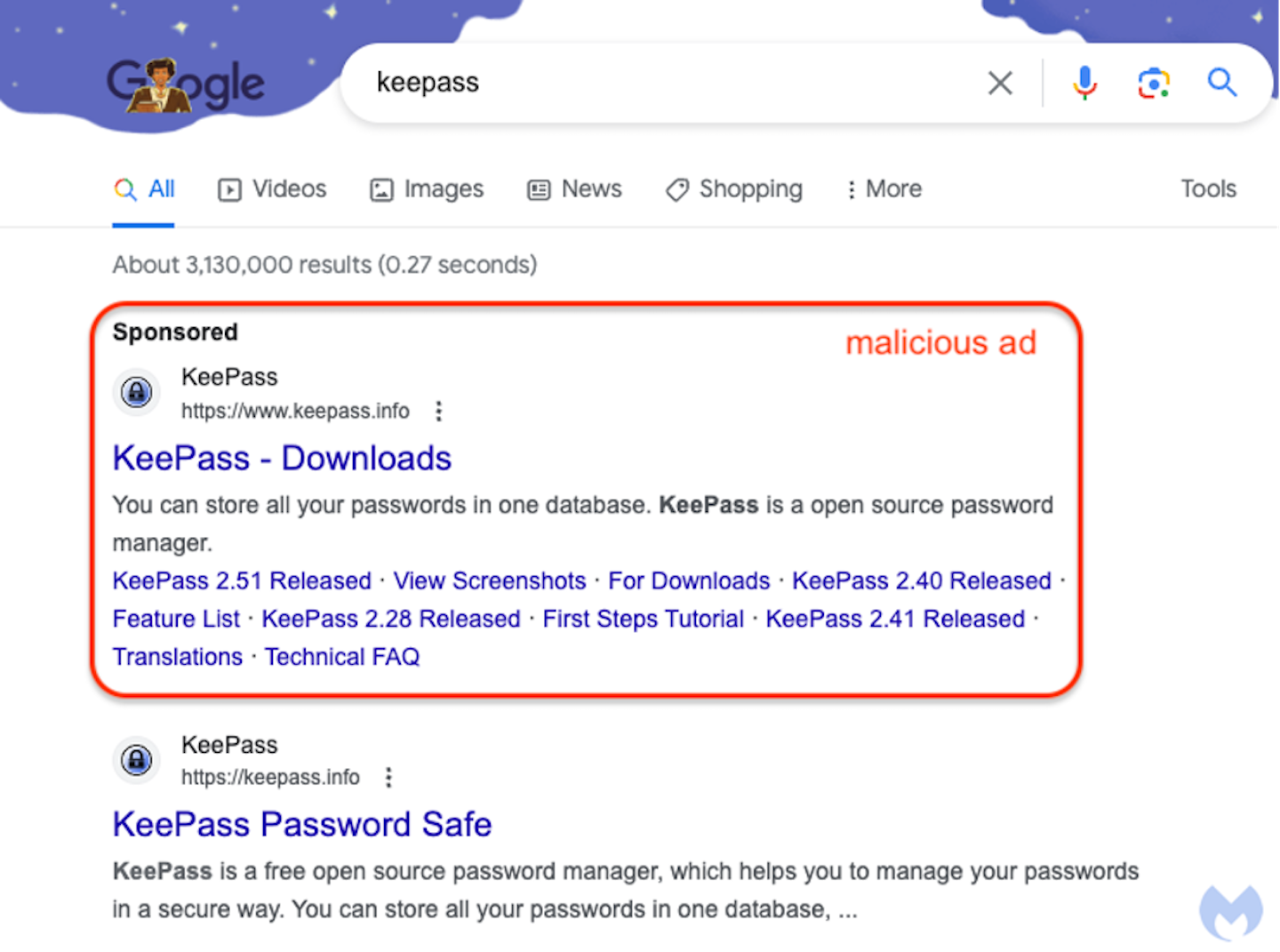The main ways to get your computer infected these days are clicking on the wrong link, accessing the wrong website and/or installing the wrong software. While we have addressed over and over again the best mantra ever (STOP - THINK - DON'T CLICK!) for browsing the web, addressing links in emails, URLs, text messages, WhatsApp messages or QR codes etc., while we have discussed the risks of downloading software from unsolicited websites, and while we try to protect your clicks as best we can, there is more you can do: run (the CERN) antimalware software and install advertisement-blocking software ("ad blockers" for short) in your browser.

Ad blockers are fabulous tools not only to better protect your privacy but also to prevent your device downloading and displaying any suspicious or malicious website in the first place. Think, for example, about malicious scareware ads that look like antivirus alerts just popping up on your screen. Or ads that impersonate law enforcement, the local police or the national authorities and ask you to pay hefty fines. In particular, attackers try to abuse "Google ads" in order to sneak their malicious payload into your computer… Privacy-wise, ad blockers (try to) prevent advertisers from tracking your online activities, even as the attackers try to circumvent that blocking in a never-ending cat-and-mouse game. Actually, the number of trackers per newspaper page is staggering: 11 trackers blocked for Der Spiegel online, 4 for the New York Times, 10 for the Tribune de Genève and 5 for Le Monde… Now think about those numbers once you enter a less benign website?
If you value your privacy and, also important, if you value the security of your computer, consider installing an ad blocker. While there is a plethora of them out there, the Computer Security Office's members use, e.g. uBlock origin (Firefox) or Origin Lite (Chrome), AdblockPlus, Ghostery and Privacy Badger of the US-based Electronic Frontier Foundation. They all come in free (as in "free beer") versions for all major browsers and also offer more sophisticated features if you are willing to pay. Once enabled, and depending on your desired level of protection, they can provide another thorough layer of protection to your device - and subsequently to CERN.






